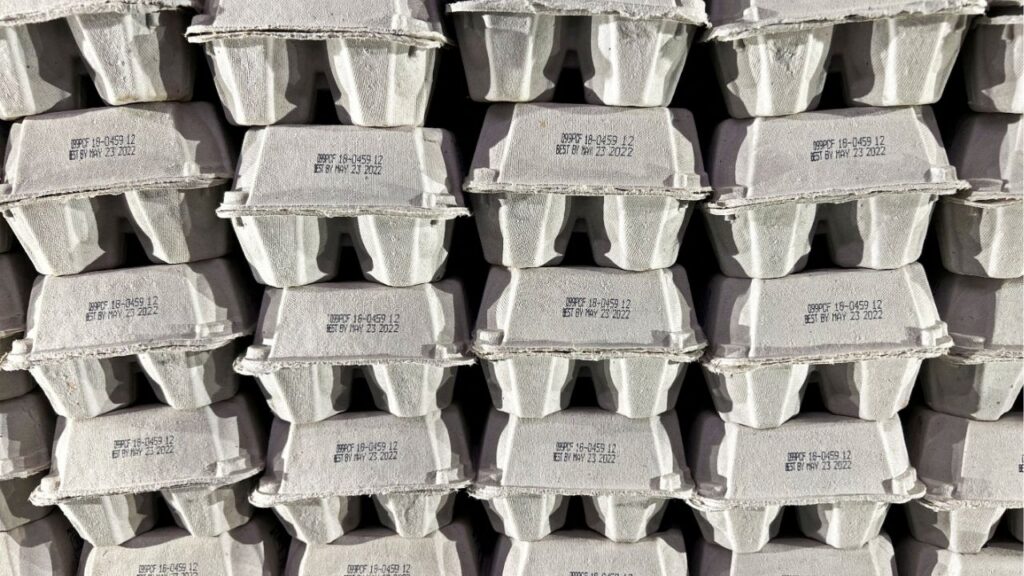Will Seaweed Feed Make Cow Burps Better for Environment?
Share
DAVIS — University of California researchers are feeding seaweed to dairy cows in an attempt to make cattle more climate-friendly.
“I wasn’t expecting it to be that dramatic with a small amount of seaweed.” — Ermias Kebreab, the UC Davis animal scientist
UC Davis is studying whether adding small amounts of seaweed to cattle feed can help reduce their emissions of methane, a potent greenhouse gas that’s released when cattle burp, pass gas or make manure.In a study this past spring, researchers found methane emissions were reduced by more than 30 percent in a dozen Holstein cows that ate the ocean algae, which was mixed into their feed and sweetened with molasses to disguise the salty taste.
“I was extremely surprised when I saw the results,” said Ermias Kebreab, the UC Davis animal scientist who led the study. “I wasn’t expecting it to be that dramatic with a small amount of seaweed.”
Kebreab says his team plans to conduct a six-month study of a seaweed-infused diet in beef cattle starting in October.
More Studies Will Be Needed
More studies will be needed to determine its safety and efficacy, and seaweed growers would have to ramp up production to make it an economical option for farmers.
“If we can reduce methane on the dairy farm through manipulation of the diet, then it’s a win for consumers because it reduces the carbon footprint.” — Michael Hutjens, an animal scientist
Dairy farms and other livestock operations are major sources of methane, a heat-trapping gas many times more potent than carbon dioxide. Researchers worldwide have searched for ways to reduce cattle emissions with various food additives such as garlic, oregano, cinnamon and even curry — with mixed results.If successful, adding seaweed to cattle feed could help California dairy farms comply with a state law requiring livestock operators to cut emissions by 40 percent from 2013 levels by 2030.
“If we can reduce methane on the dairy farm through manipulation of the diet, then it’s a win for consumers because it reduces the carbon footprint, and it’s for dairy farmers because it increases their feed efficiency,” said Michael Hutjens, an animal scientist at the University of Illinois, Urbana-Champaign.
RELATED TOPICS:
MLB Reinstates Pete Rose and Shoeless Joe Jackson, Making Them Hall of Fame Eligible
Sports /
17 minutes ago
Global Eggs Completes Acquisition in US, Closes New Deal in Europe
Business /
3 hours ago
‘I Never Said He Called My Son the N-Word.’ Fresno Unified Trustee Thomas Tries to Erase Accusation Against Former Bullard Coach
Courts /
4 hours ago
Caltrans’ Response to Homeless Encampments Is Lagging, Cities Complain
Housing /
4 hours ago
Democrats Seeking California Governorship Strut Their Stuff for Union Leaders
Opinion /
5 hours ago
Republicans Face Internal Disagreements Over Trump Tax Cut Package
Politics /
5 hours ago
Latest
Videos

Sports /
7 minutes ago
Tatum to Miss Remainder of Playoffs After Achilles Tendon Surgery

Crime /
13 minutes ago
Fresno Police Seek Public’s Help Identifying Shooting Suspect

Sports /
17 minutes ago
MLB Reinstates Pete Rose and Shoeless Joe Jackson, Making Them Hall of Fame Eligible

Business /
3 hours ago
Global Eggs Completes Acquisition in US, Closes New Deal in Europe

Courts /
4 hours ago













